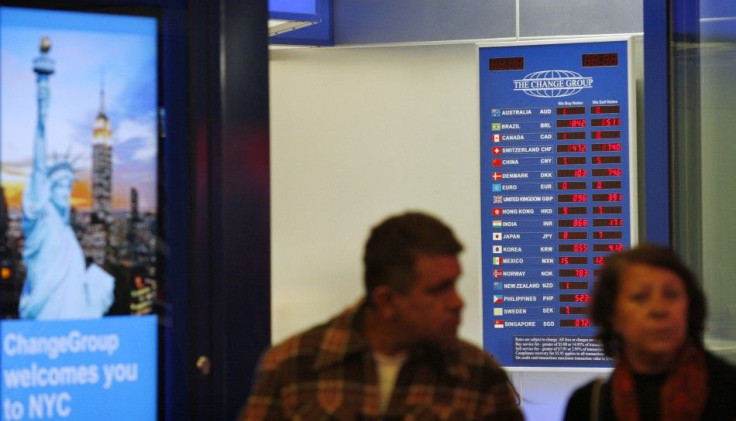A Culture of Debt

At both the individual and collective level, Americans have created and embraced a culture of debt. Spurred by our gluttony, we have developed an untenable habit of spending beyond our means, and it must be stopped or else generations to come will be saddled with debt, left unable to harness the American dream and prosper because it simply will no longer exist.
It's no secret that the federal government is spending like a drunken sailor without care or concern for the massive, unsustainable debt they're accruing. They crossed a new milestone just two weeks ago as the national debt hit the unprecedented $15 trillion mark.
But the federal government isn't the only debt-loving entity in the United States. On the individual level, the average United States consumer seems to have an equal affinity for racking up debt.
In the second quarter of 2011, American consumers amassed $18.4 billion in credit card debt, according to a cardhub.com study. This massive level of debt is up 66 percent from this time last year and up an astonishing 368 percent from two years ago.
The numbers are even more flummoxing when broken down. According to creditcard.com, U.S. consumers own 609.8 million credit cards, approximately 3.5 credit cards per cardholder. American consumers have run up quite a bit of debt on these cards with average credit card debt standing at $15,799 per household!
We live in a culture of debt, both in the public and private sectors and on the macro and micro level. Why? I believe this is a manifestation of the American attitude of wanting more and never being satisfied with what we have. We want things and want them now. And when we-more often than not-get what we desire, we over-consume. This attribute is simultaneously a blessing and a curse-a blessing because our insatiable desire for more leads us to achieve and innovate, a curse because it often devolves into gluttony and excess.
The U.S. elections are a prime example of our excessive attitude. The U.S. election cycle is admired and closely followed worldwide, partly because it is a spectacle-one that comes at a cost. The 2010 midterm elections were the most expensive midterms on record, costing more than $3.5 billion.
Our presidential elections span the course of almost two years, and American presidential contenders raise anywhere from John McCain's $323 million to President Barack Obama's $1 billion he vows to raise this election. Meanwhile, in the United Kingdom, elections timelines are capped by a few months, and the entire parliamentary election for the House of Commons is limited at somewhere under $30 million.
In some ways, desiring more is what made America great. Unsatisfied with having just the east coast, we expanded from sea to sea until the east coast, the west coast, and everything in between was ours. The desire for more spurs innovation and creativity. It is the underpinning of our capitalist system. It is part of the reason America excels in innovation and research.
Although the desire for more has made the U.S. what it is today, this same quality, when taken to an extreme, can, and has, crippled us. In the late 2000s, Americans bought homes they could not afford facilitated by predatory lenders, leading to the subprime mortgage crisis. The federal government's excessive spending spree has shackled us with record-breaking debt. On the micro level, U.S. consumers' insatiable spending has fettered households with nearly $16,000 in debt.
In short, gluttony has created the culture of debt that imprisons us today.
According to the Federal Reserve Bank of New York, mortgage balances fell 1.3 percent between July and September, and overall household debt shrank by 0.6 percent. This is an encouraging sign.
At the same time, spending has increased. This Thanksgiving, spending increased 16.7 percent from 2010's Thanksgiving numbers, with spending hitting a record $52.4 billion.
While this is encouraging news for our economy, Americans must ensure that they spend within their means. We must break the vicious cycle of debt that has incarcerated us individually and collectively. In short, Americans must realize that, on all levels, there are limits to our desire we have no choice but to heed. We can pay the price now or pay a much bigger price later.
Kayleigh McEnany is a writer and political activist who graduated from the Georgetown University School of Foreign Service and studied at Oxford University. She is the founder of www.RealReaganConservative.com. She writes every Tuesday for the International Business Times.
© Copyright IBTimes 2024. All rights reserved.





















